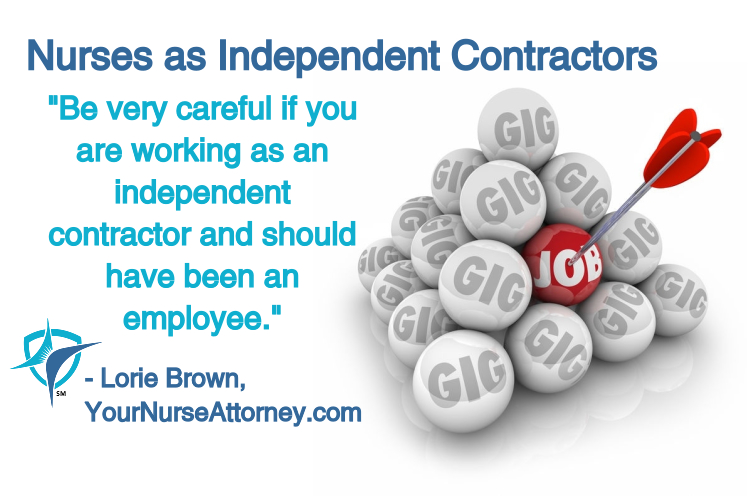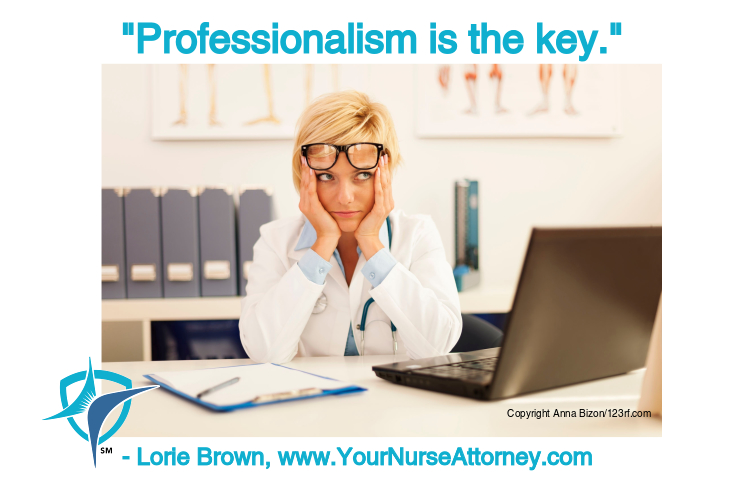A new law went into effect in California last month regulating “gig” labor. The legislation was aimed at companies such as Uber and Lyft which inappropriately classify their drivers as independent contractors. The hope was that if they were to be labeled “employees,” they would be entitled to regular employment benefits such as minimum wage, sick pay and insurance benefits. However, the unintended consequence is that this could affect registered nurses, certified registered nurses, anesthetists and nurse practitioners.
This legislation came from an April 2018 California Supreme Court ruling that independent contractors must be free to perform their work as they choose and it must be in a different line of work from the contracting company and the independent contractor must operate their own business.
Here, nurses, CRNAs and NPs are not allowed to work as they wish but must conform to the hospital’s policies and procedures while working in the same line of work as the company contracting their services.
The legislation requires an ABC test which the independent contractor must:
- Be free from the hiring entity’s control;
- Do work which is “outside the usual course of the hiring entity’s business”; and
- Be established in a trade similar to the work being performed.
If nurses work as independent contractors, they’re working within the course of company’s usual business. So, they would fail Part B of the test.
The upsides of the law are that nurses who lack the ability to get benefits can unionize and receive legal protection and health insurance now will be able to have those benefits provided.
Although California’s new law is stronger than many similar laws, 20 states have already implemented the ABC test in one form or another. Therefore, if you take away that this pertains only to the Golden State, you must think again.
There are many pros and cons to being an independent contractor versus an employee. As an independent contractor, you usually can work when you want, make more money and have more write offs than would a traditional employee such as anything that can be considered as a business expense if you are contracting as a business.
The downside to being an independent contractor is that the hospital does not pay their share of taxes which, of course, means you will owe more taxes.
That notwithstanding, having a nicer paycheck upfront certainly is helpful.
Be very careful if you are working as an independent contractor and should have been an employee. This considers your status as misclassified as an independent contractor rather than properly as an employee. There are serious consequences such as owing back taxes to the state and federal governments which could include penalties.









